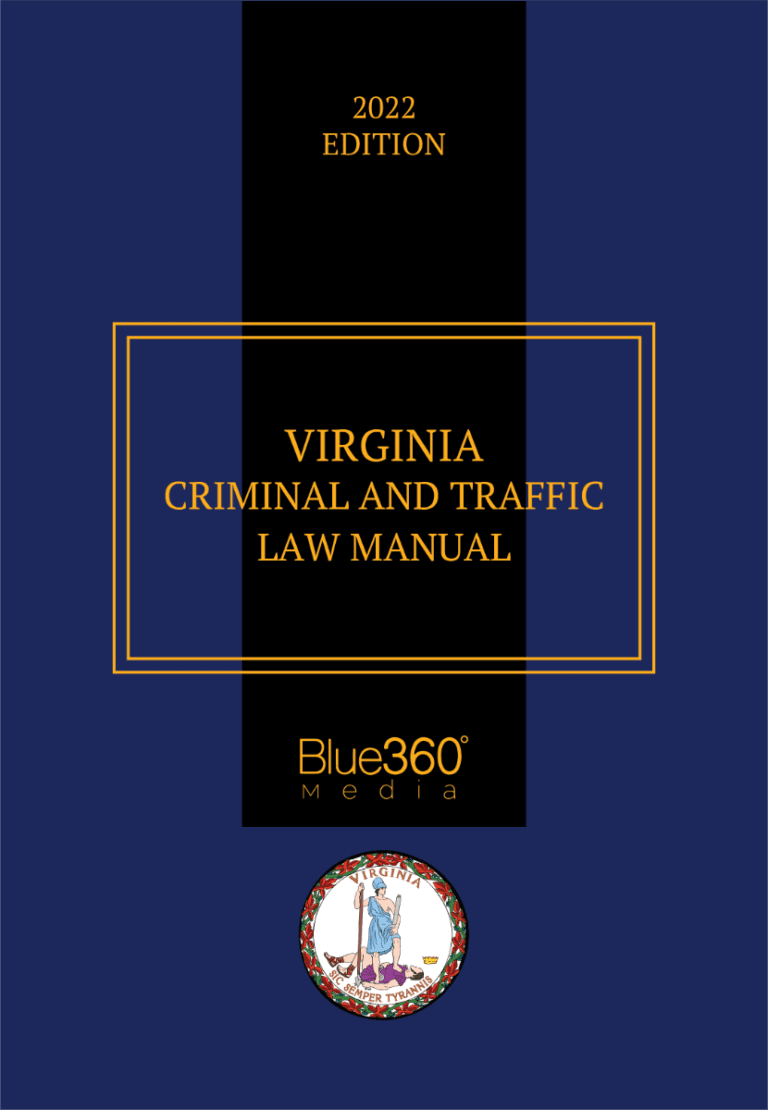Article I. Bill of Rights
Section 1. Equality and rights of men
That all men are by nature equally free and independent and have certain inherent rights, of which, when they enter into a state of society, they cannot, by any compact, deprive or divest their posterity; namely, the enjoyment of life and liberty, with the means of acquiring and possessing property, and pursuing and obtaining happiness and safety.
Section 2. People the source of power
That all power is vested in, and consequently derived from, the people, that magistrates are their trustees and servants, and at all times amenable to them.
Section 3. Government instituted for common benefit
That government is, or ought to be, instituted for the common benefit, protection, and security of the people, nation, or community; of all the various modes and forms of government, that is best which is capable of producing the greatest degree of happiness and safety, and is most effectually secured against the danger of maladministration; and, whenever any government shall be found inadequate or contrary to these purposes, a majority of the community hath an indubitable, inalienable, and indefeasible right to reform, alter, or abolish it, in such manner as shall be judged most conducive to the public weal.
Section 8. Criminal prosecutions
That in criminal prosecutions a man hath a right to demand the cause and nature of his accusation, to be confronted with the accusers and witnesses, and to call for evidence in his favor, and he shall enjoy the right to a speedy and public trial, by an impartial jury of his vicinage, without whose unanimous consent he cannot be found guilty. He shall not be deprived of life or liberty, except by the law of the land or the judgment of his peers, nor be compelled in any criminal proceeding to give evidence against himself, nor be put twice in jeopardy for the same offense.
Laws may be enacted providing for the trial of offenses not felonious by a court not of record without a jury, preserving the right of the accused to an appeal to and a trial by jury in some court of record having original criminal jurisdiction. Laws may also provide for juries consisting of less than twelve, but not less than five, for the trial of offenses not felonious, and may classify such cases, and prescribe the number of jurors for each class.
In criminal cases, the accused may plead guilty. If the accused plead not guilty, he may, with his consent and the concurrence of the Commonwealth’s Attorney and of the court
entered of record, be tried by a smaller number of jurors, or waive a jury. In case of such waiver or plea of guilty, the court shall try the case.
The provisions of this section shall be self-executing.
§ 46.2-1300. Powers of local authorities generally; erection of signs and markers; maximum penalties.
A. The governing bodies of counties, cities, and towns may adopt ordinances not in conflict with the provisions of this title to regulate the operation of vehicles on the highways in such counties, cities, and towns. They may also repeal, amend, or modify such ordinances and may erect appropriate signs or markers on the highway showing the general regulations applicable to the operation of vehicles on such highways.
§ 15.2-1701. Organization of police forces.
Any locality may, by ordinance, provide for the organization of its authorized police forces. Such forces shall include a chief of police, and such officers and other personnel as appropriate.
When a locality provides for a police department, the chief of police shall be the chief law-enforcement officer of that locality. However, in towns, the chief law-enforcement officer may be called the town sergeant.
§ 15.2-1704. Powers and duties of police force.
A. The police force of a locality is hereby invested with all the power and authority which formerly belonged to the office of constable at common law and is responsible for the prevention and detection of crime, the apprehension of criminals, the safeguard of life and property, the preservation of peace and the enforcement of state and local laws, regulations, and ordinances.
§ 15.2-1710.1. Arrest or summons quota prohibited.
A. A police force shall not establish a formal or informal quota that requires a police officer to make a specific number of arrests or issue a specific number of summonses within a designated period of time.
B. A police force shall not use the number of arrests made or summonses issued by a police officer as the sole criterion for evaluating an officer’s job performance.
C. Nothing in this section shall preclude a police force from collecting, analyzing, and utilizing information concerning the number of arrests made or summonses issued for any other purpose.
Virginia’s Legislative Information System (n.d.). Virginia Law.
https://law.lis.virginia.gov/vacode/title15.2/

